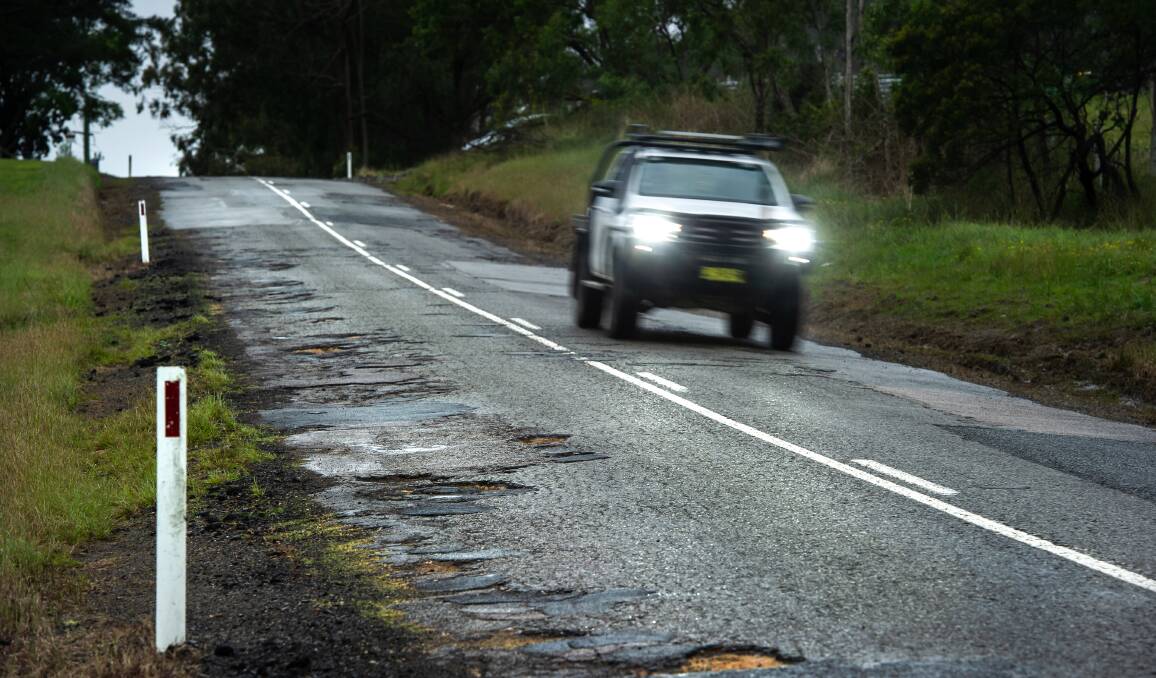Regional voters are unhappy about the condition of their hospitals, schools, roads and public transport as the state gets ready to vote on who they want in government for the next four years.
Subscribe now for unlimited access.
$0/
(min cost $0)
or signup to continue reading
An analysis of results from an ACM survey of 2512 readers across regional NSW shows fewer than one in five believe public hospitals receive enough funding.
Asked to rate their contentment with key government services and infrastructure, respondents gave hospitals the lowest average score of 29 out of 100, followed by mental health support (33), public transport (34), schools (34), roads (36), energy and waste efficiency (38) and help for small business (42).

Barely 18 per cent agreed with the statement that public transport in their area provided a "suitable" alternative to car travel.
"Very difficult to comment on public transport when there is virtually none in this regional city," one reader wrote on their survey form.
The survey spanned the metropolitan suburbs of Newcastle and Wollongong to regional cities and towns in the bush and up and down the coast.
Fifty-five per cent of respondents disagreed with the notion that "roads in my community are safe and in acceptable condition".
Seventy per cent of those surveyed wanted more incentives to attract teachers and 57 per cent disagreed with the statement that their schools received "enough funding to improve the results of students".
Seventy-four per cent called for more support to attract and retain health professionals, and 59 per cent wanted better mental health services.
The issue that galvanised voters the most was government integrity.
Seventy-seven per cent agreed or strongly agreed that "more powers are needed to stop corruption in government and ensure proper transparency".
READ MORE:
"Less feeding the chooks announcements and more strategic planning," one reader said.
"Stop lying to us. Making promises you have no intention of keeping is becoming the norm in politics. Does anyone have any integrity these days?" another wrote.
More than 1000 respondents took the chance to attach comments to their survey answers, expressing a wide range of opinions on the left and right of the political spectrum.
Many called for the government to reopen police stations, while others wanted better domestic violence services and some canvassed the federal issue of a proposed Indigenous Voice to Parliament.
Pill testing at music festivals, poker machines, women's equality, government decentralisation, social housing, managing the transition away from coal power and cost-of-living pressures were among the many matters on readers' minds.
READ MORE:
The survey also posed the question of whether the next government should support regional newspapers by agreeing to advertise regularly in them.
ACM, which publishes this masthead, has been fighting a very public battle to try to win more government support in the face of rising print costs.
Just over half the survey respondents agreed the government should advertise in regional papers "to keep me informed and support local news".



